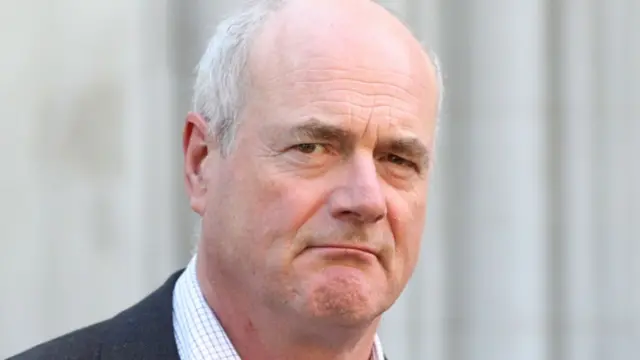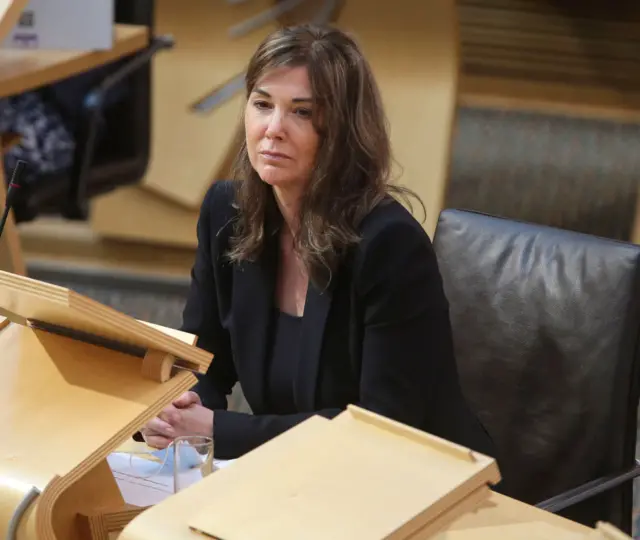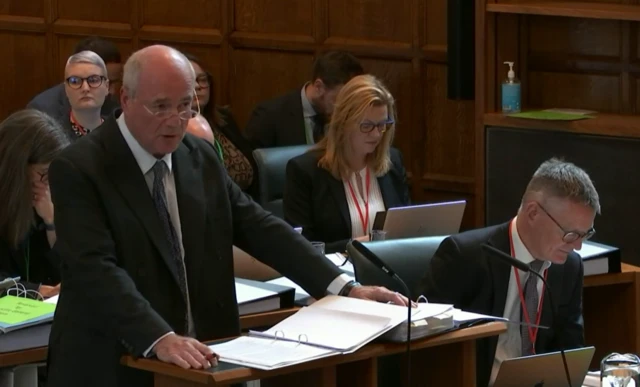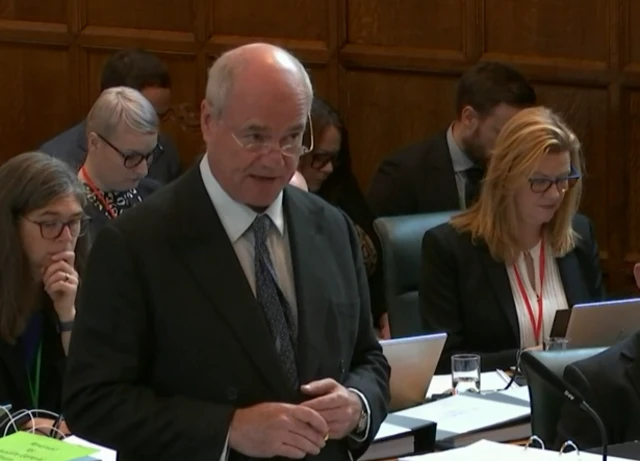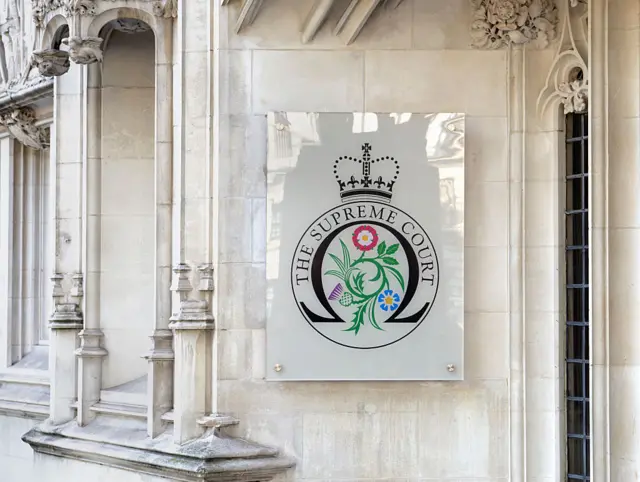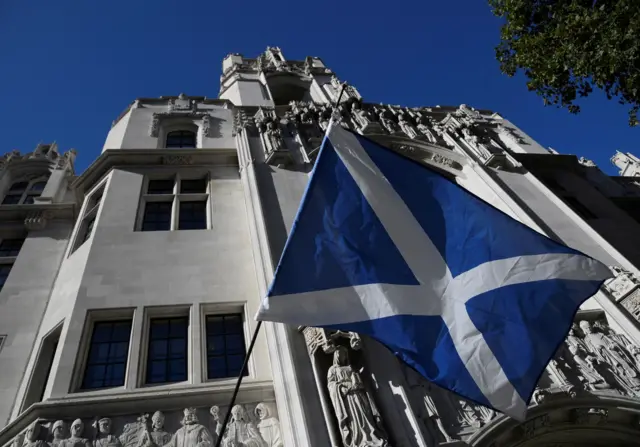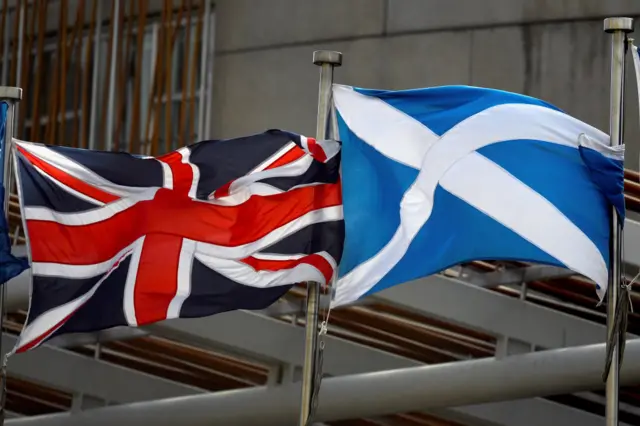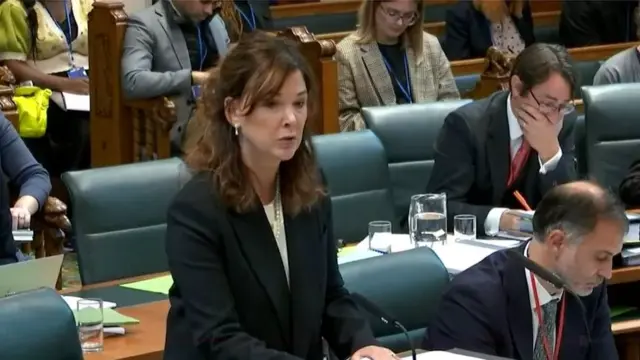'The problem is the Scottish government do not like the answer'published at 11:32 BST 12 October 2022
Sir James submits that there is no "unacceptable or democratic lacuna" in this case.
He says there is no reason to suppose that the UK Parliament would have intended Section 6 of the Scotland Act would be used in this way, or that the person in charge of the bill would not be able to offer a positive statement on competence.
It is not a case that the lord advocate can't answer the question, he says. The difficulty is that "she can answer it, and has done so, and the problem is the Scottish government do not like the answer she has given".
Ms Bain is not able to form a view with a sufficient degree of confidence that the bill proposed would be within competence, Sir James adds.
